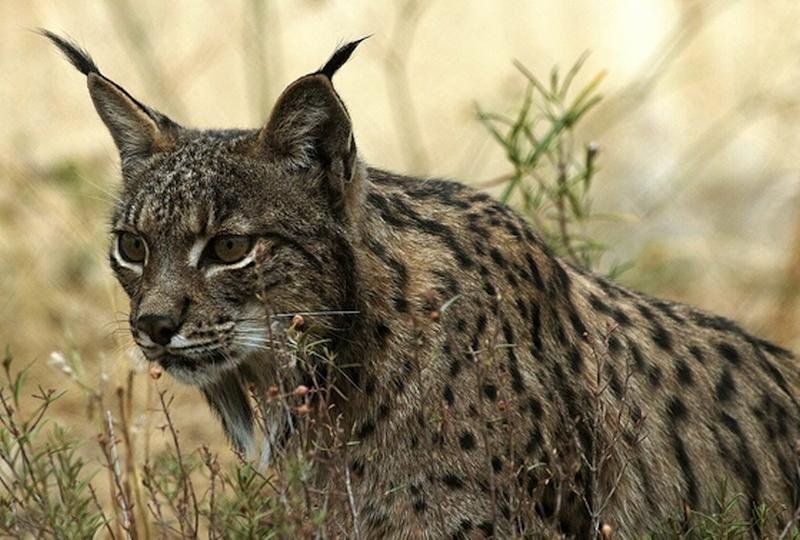23 Iberian lynx cubs born in breeding centers in 2021
Great news to hear that 23 Iberian lynx have been cubs born in 2021 at the breeding centers of El Acebuche, in the Doñana National Park (Huelva) and in Zarza de Granadilla (Cáceres). Fifteen males and eight females in total with 10 males and 2 females born in four litters in the Zarza de Granadilla … Read more
